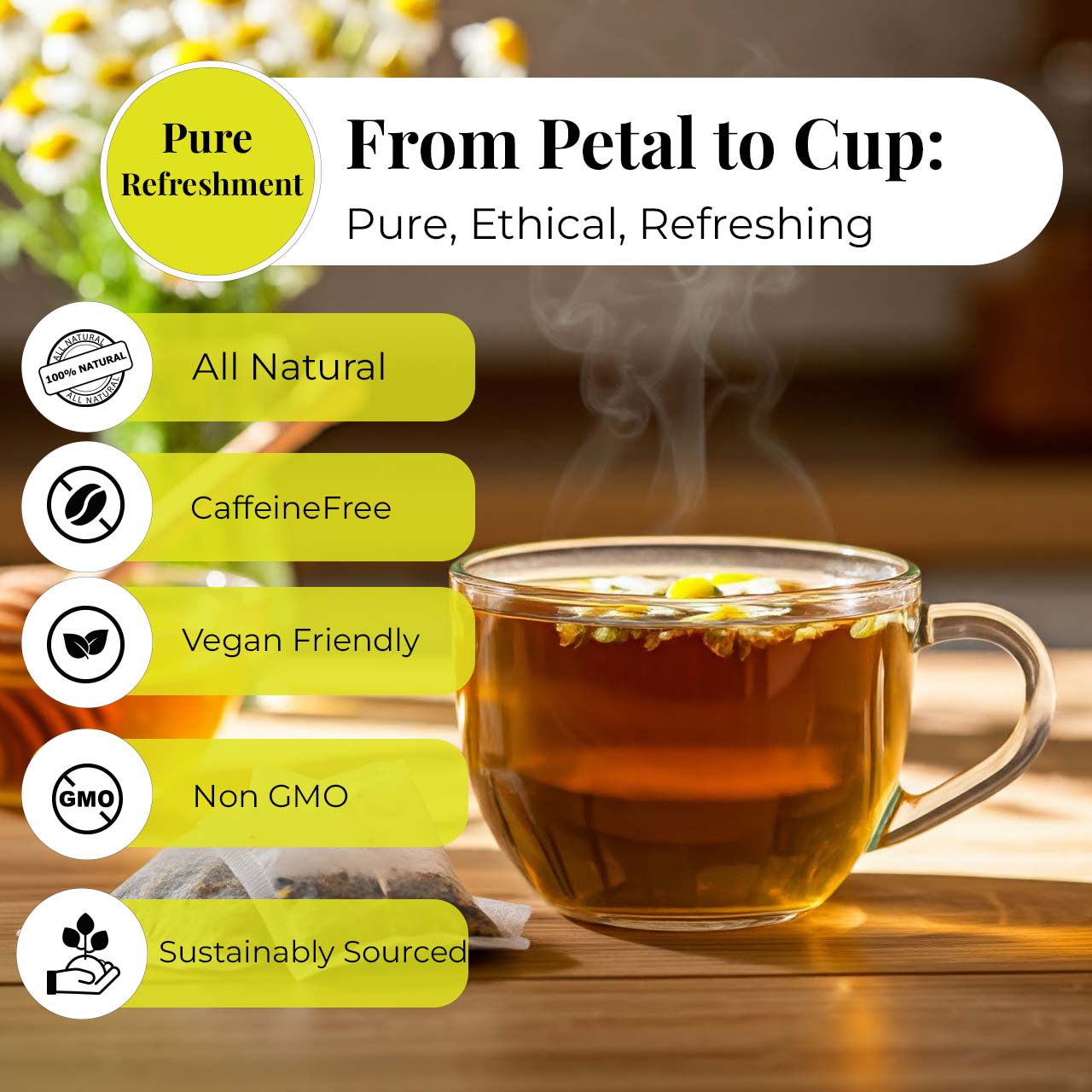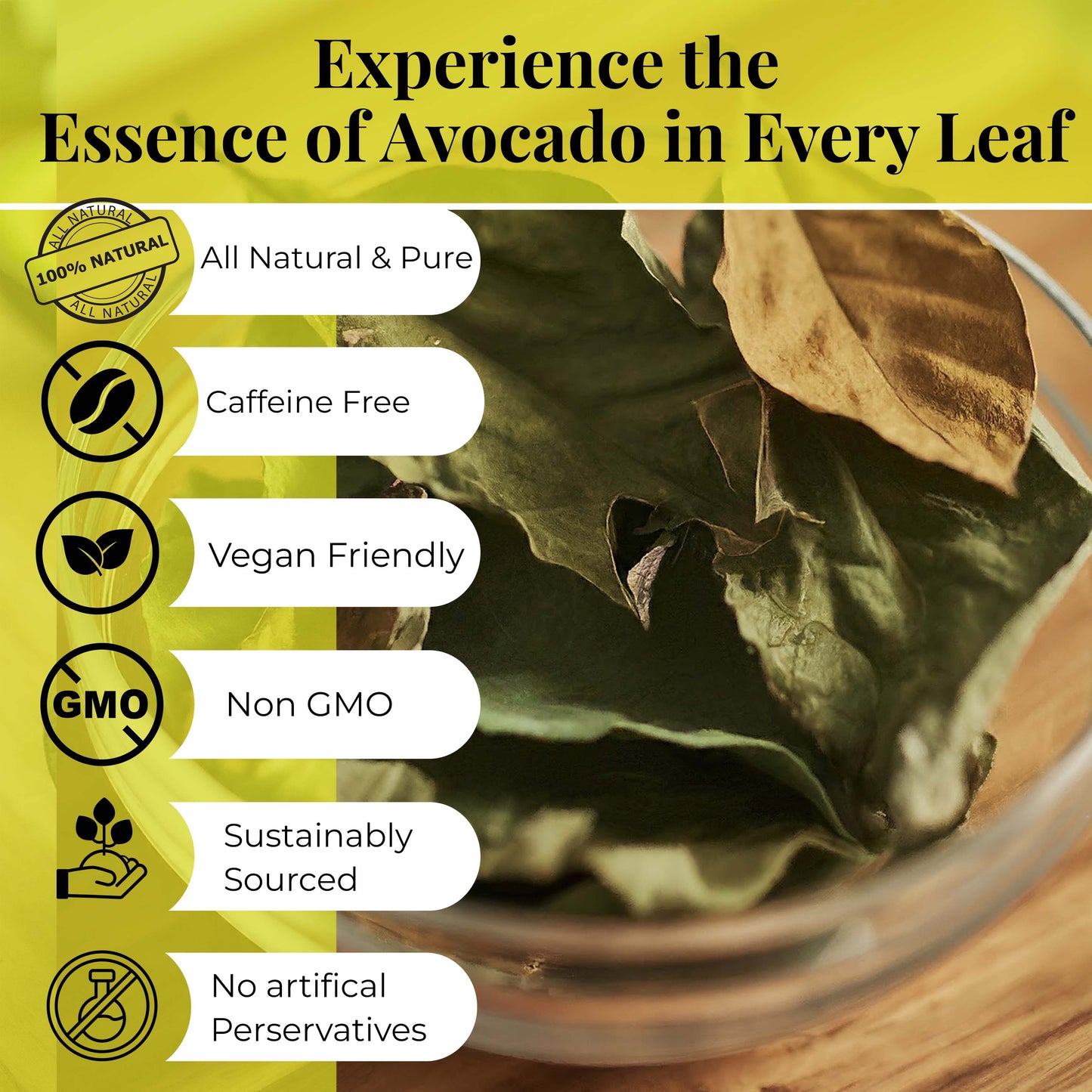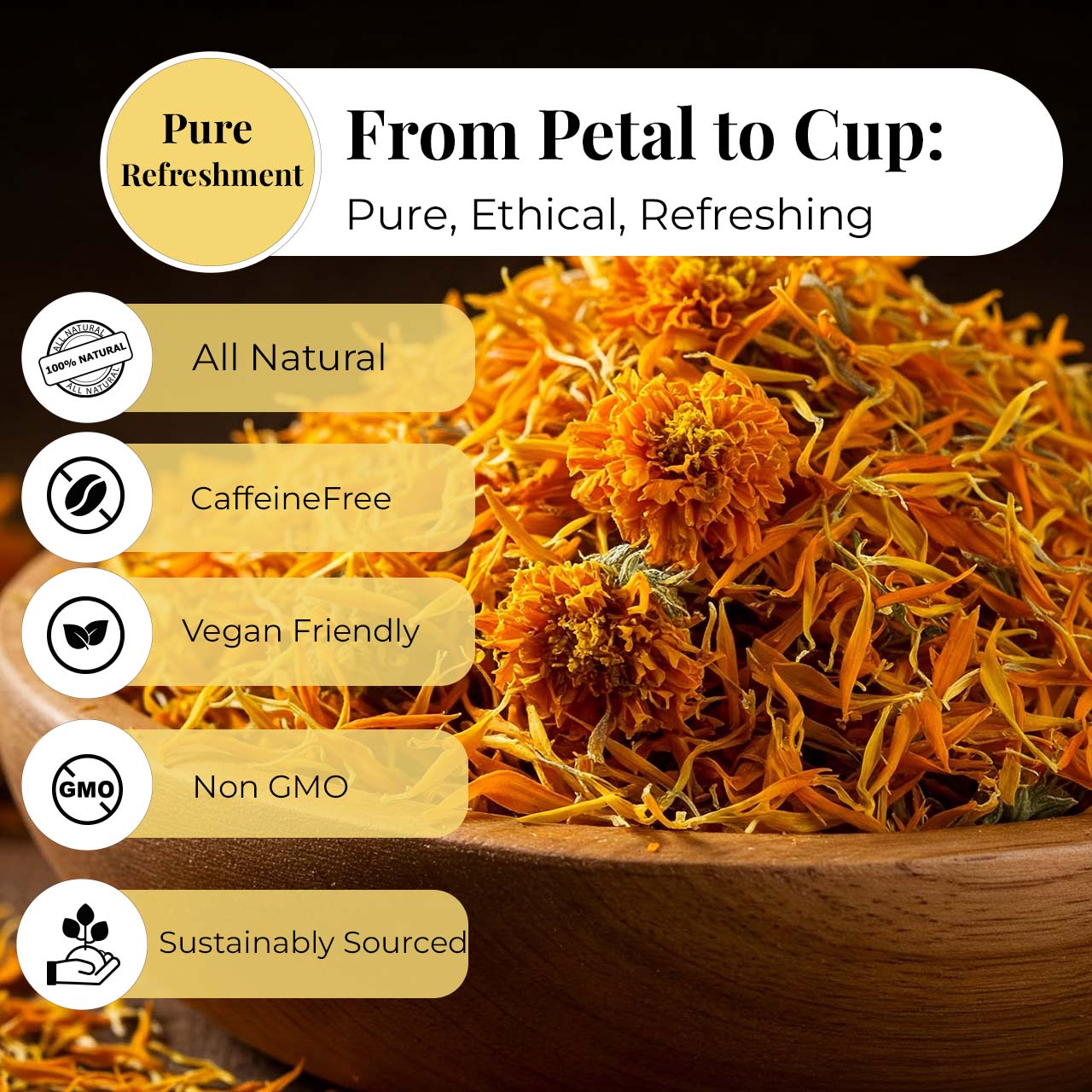Herbal teas are more than a pleasant beverage. They’re infusions of leaves, flowers, seeds and roots used for centuries to soothe, heal and refresh. Unlike black or green tea made from Camellia sinensis, herbal teas are naturally caffeine-free and bursting with plant nutrients. When you sip a cup of chamomile or guava leaf tea, you’re not just drinking flavoured water — you’re taking in bioactive compounds that support digestion, immunity, stress relief and more.
In today’s wellness-driven world, herbal teas fit perfectly. They’re inexpensive, easy to prepare at home, and can be customised to your needs. Let’s explore how these teas evolved, what makes them healing, and why two standouts — chamomile and guava leaf — deserve a place in your routine.
A Brief History of Herbal Tea Consumption
Long before tea bags, kettles or cafés existed, communities brewed herbs for healing. Ancient Egyptians used chamomile to honour the sun god Ra and treat fevers. Traditional Chinese physicians prescribed herbal infusions to balance “yin” and “yang.” In Africa, guava leaves were boiled to ease stomach upsets, while lemongrass served as a fever remedy. Europe’s monasteries cultivated herb gardens to supply teas for pilgrims and patients alike.
By the 17th century, trade routes spread these herbs worldwide. Today, herbal teas represent a marriage of ancient practice and modern science, allowing anyone to tap into centuries of wisdom with a simple steep.
Understanding the Healing Properties of Herbal Teas
Herbal teas derive their power from phytochemicals — naturally occurring plant compounds that interact with our bodies. The benefits aren’t mystical; they’re chemical.
Key Nutrients Found in Herbal Teas
| Compound | What It Does | Found In |
|---|---|---|
| Antioxidants | Neutralise free radicals, reduce inflammation | Hibiscus, guava leaf |
| Polyphenols | Support heart health, fight microbes | Chamomile, lemongrass |
| Essential Oils | Provide aroma, relax muscles, act as antimicrobials | Peppermint, chamomile |
| Vitamins & Minerals | Boost immunity, aid metabolism | Guava leaf (Vitamin C), hibiscus (Iron) |
This mix of antioxidants, oils and vitamins makes herbal teas a powerhouse for preventive health.
Chamomile Tea: The Calming Classic
Chamomile is perhaps the most famous herbal tea. Its small daisy-like flowers contain apigenin, an antioxidant that binds to receptors in your brain, encouraging relaxation and sleep. It’s mild, slightly sweet and gentle on the stomach.
Health Benefits of Chamomile Tea
-
Relieves anxiety: Regular consumption can reduce mild stress and irritability.
-
Improves sleep quality: A bedtime cup helps people fall asleep faster.
-
Soothes digestion: Its antispasmodic action calms the gut, easing cramps or bloating.
-
Supports skin health: Antioxidants may help reduce inflammation internally, complementing topical skin care.
How to Brew Chamomile Tea for Maximum Effect
-
Measure 1–2 teaspoons of dried chamomile flowers per cup.
-
Heat water to about 90°C (not boiling).
-
Pour over the flowers and cover to trap essential oils.
-
Steep 5–7 minutes.
-
Sweeten lightly with honey or enjoy plain.
This simple ritual can become a nightly signal to your body that it’s time to unwind.
Guava Leaf Tea: The Digestive Powerhouse
Guava leaves, often discarded in fruit farming, are rich in antioxidants, tannins and antibacterial agents. Traditional medicine in Africa, India and Latin America has used them to control diarrhoea and calm the stomach. Modern studies confirm many of these benefits.
Health Benefits of Guava Leaf Tea
-
Supports digestion: Reduces bloating, diarrhoea and cramps by inhibiting harmful bacteria.
-
Balances blood sugar: Research suggests guava leaf extract slows carbohydrate absorption.
-
Boosts immunity: High vitamin C and flavonoids fortify your defences.
-
Freshens breath: Natural antibacterials improve oral health.
Best Practices for Preparing Guava Leaf Tea
-
Select fresh or dried guava leaves.
-
Rinse to remove dust.
-
Simmer 5–10 leaves in two cups of water for 10 minutes.
-
Strain and sip warm.
Regularly including guava leaf tea in your routine can support your digestive system without pharmaceuticals.
Other Popular Herbal Teas and Their Benefits
Chamomile and guava leaf are just the beginning. Here are three other standouts:
Hibiscus Tea
Vivid crimson and tart, hibiscus tea is loaded with anthocyanins and vitamin C. Studies show it may help lower blood pressure and improve cholesterol levels — a heart-friendly choice.
Peppermint Tea
Refreshing and cool, peppermint tea contains menthol, which relaxes the digestive tract and may ease tension headaches. It’s also great after heavy meals.
Lemongrass Tea
With a citrus aroma, lemongrass tea aids detoxification, supports immunity and offers a gentle mood lift. In many cultures it’s used as a natural fever remedy.
Scientific Evidence Supporting Herbal Teas
Herbal teas’ benefits aren’t mere folklore. Scientific studies increasingly validate what tradition has long claimed.
Studies on Herbal Teas and Immunity
A 2021 Journal of Nutrition review concluded that antioxidant-rich herbal teas reduce oxidative stress, a key factor in chronic illness and premature ageing. Guava leaf and hibiscus ranked high for immune support.
Herbal Teas and Stress Reduction
According to the National Center for Complementary and Integrative Health (NCCIH), chamomile shows promise in reducing mild anxiety and improving sleep quality naturally.
Choosing High-Quality Herbal Teas
The health benefits of herbal teas depend on quality. Old or poorly stored herbs lose potency.
Sourcing and Storage Tips
-
Buy organic to avoid pesticide residues.
-
Check aroma and colour: fresh herbs smell vibrant and look bright.
-
Store in airtight containers away from heat, light and moisture.
-
Use within six months of opening for maximum potency.
-
Choose reputable suppliers that provide certifications or lab testing.
Good sourcing ensures you’re getting the full spectrum of plant nutrients with every cup.
FAQs on Herbal Teas
Q1. Can I drink herbal tea every day?
Yes, most herbal teas are safe for daily consumption. Adjust quantity to your needs and monitor how your body responds.
Q2. Are herbal teas caffeine-free?
Most are naturally caffeine-free, making them ideal for evenings or for people sensitive to caffeine.
Q3. Can herbal teas help with weight loss?
While not a magic bullet, teas like guava leaf or hibiscus may support metabolism and reduce water retention, indirectly aiding weight management.
Q4. Are there side effects to herbal teas?
Some herbs may interact with medications or cause allergies. If you’re pregnant, nursing or on medication, consult a healthcare provider.
Q5. Which herbal tea is best for stress?
Chamomile, peppermint and lemongrass are among the most recommended for stress relief.
Q6. How long should I steep herbal teas?
Generally 5–10 minutes. Cover your cup to preserve volatile oils.
Conclusion
Herbal teas blend ancient wisdom with modern wellness. Whether it’s chamomile calming your nerves, guava leaf supporting your digestion, or hibiscus strengthening your heart, these infusions offer more than flavour — they offer functional benefits. By choosing high-quality herbs and brewing them correctly, you turn a simple daily habit into a powerful self-care ritual.
Sip slowly, breathe deeply, and let each cup remind you that nature has already provided many of the remedies we seek.






























